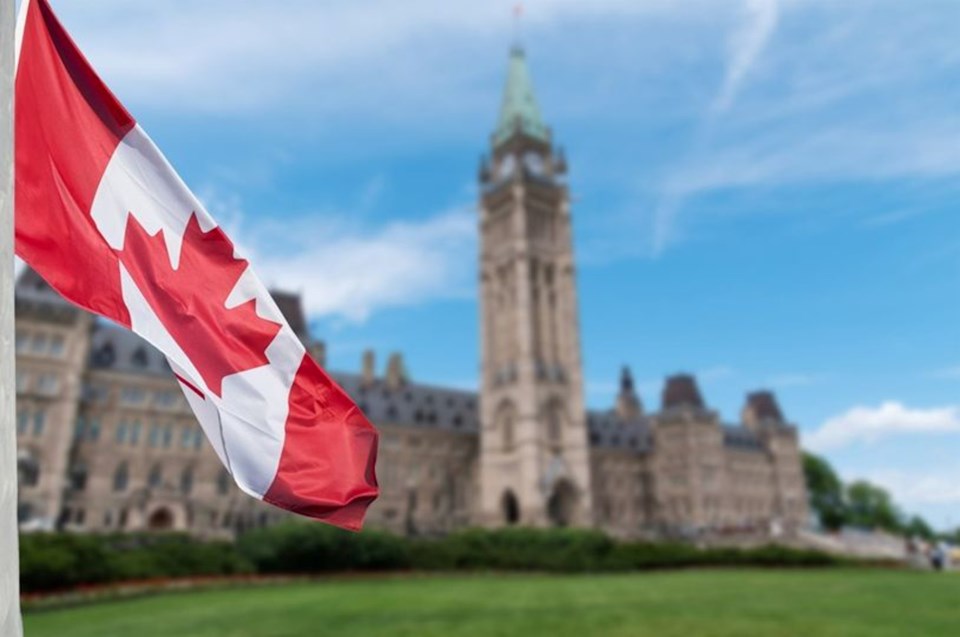OTTAWA — Speaker Greg Fergus is looking to implement new guidelines for recognizing certain guests in the House of Commons, after MPs stood twice to applaud a man without knowing he had fought for a Nazi unit.
Draft guidelines on the recognition of guests during a joint address of Parliament have been circulated to all House leaders and other officers of Parliament, said Mathieu Gravel, a spokesperson for Fergus.
"Feedback will be incorporated before the Speaker shares these guidelines with members," he said in a statement.
House leaders did not provide details of the draft guidelines, and Gravel said he cannot say more at this time.
Yaroslav Hunka, who fought for the Waffen-SS Galicia Division, a voluntary unit created by the Nazis to help fight the Soviet Union, was welcomed to the House of Commons in September to hear a speech by Ukrainian President Volodymyr Zelenskyy.
Liberal MP Anthony Rota, who invited the 98-year-old Hunka and introduced him as a hero, resigned as Speaker over his decision. Fergus was elected to succeed Rota in October.
In his apology, Rota said he alone was responsible for the invitation and that neither the Prime Minister's Office nor the Ukrainian delegation had been aware of it.
Prime Minister Justin Trudeau also apologized on behalf of Parliament.
Senior Canadian politicians called the episode an international embarrassment, while Russia used the controversy to advance propaganda seeking to legitimize its full-scale invasion of Ukraine.
Many MPs later expressed their disgust in participating in the House ovation for Hunka, while Conservative Leader Pierre Poilievre pushed for hearings to determine how the invitation happened.
The Conservatives argued the blame should have laid solely with the Prime Minister's Office, saying the government had a responsibility to vet attendees of such a high-profile event for security reasons.
One of the main functions of the House of Commons is to hold the government to account, said Steven Chaplin, who was senior legal counsel for the House for 12 years.
"So going to government for anything, the House does it very, very, very reluctantly," Chaplin said.
The Speaker also has independence from the government when it comes to invitations.
"Even if (Rota) had gone to the government and they said the (invite) was a bad idea, they couldn't have stopped him," Chaplin said.
That independence extends to the administration of the House.
"Even if the sergeant-at-arms and protocol people knew this, all they could do is inform the members, because the members control their own processes, and how to resolve things is up to the House and not the government," Chaplin said.
The Speaker's independence is enshrined in a memorandum of understanding brought in by the Harper government following the 2014 attack by a gunman who stormed Parliament Hill.
The calamity prompted the creation of the Parliamentary Protective Service, which is responsible for the physical security of the parliamentary precinct.
However, the protective service will vet only for security threats, not political sensitivities, said Chaplin.
A former spokesperson for Rota had said in September that the vetting process for guests who had attended Zelenskyy's address in Parliament was "for physical security threats, not reputational threats."
This report by The Canadian Press was first published Dec. 26, 2023.
Mickey Djuric, The Canadian Press
